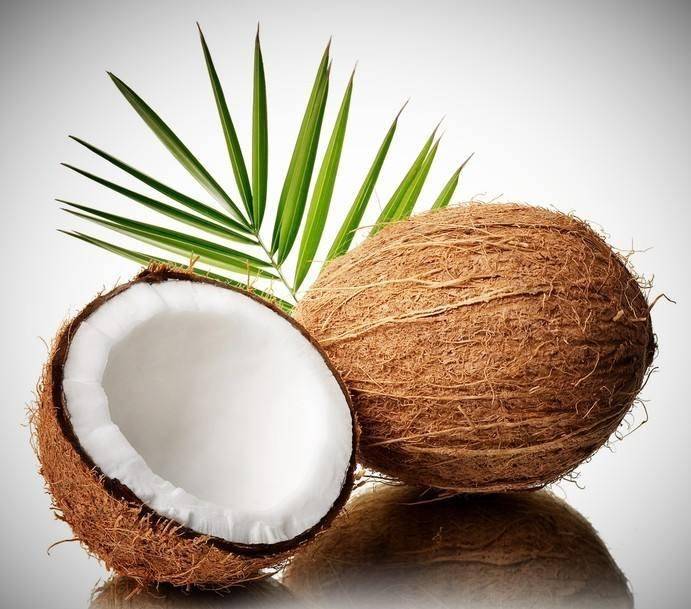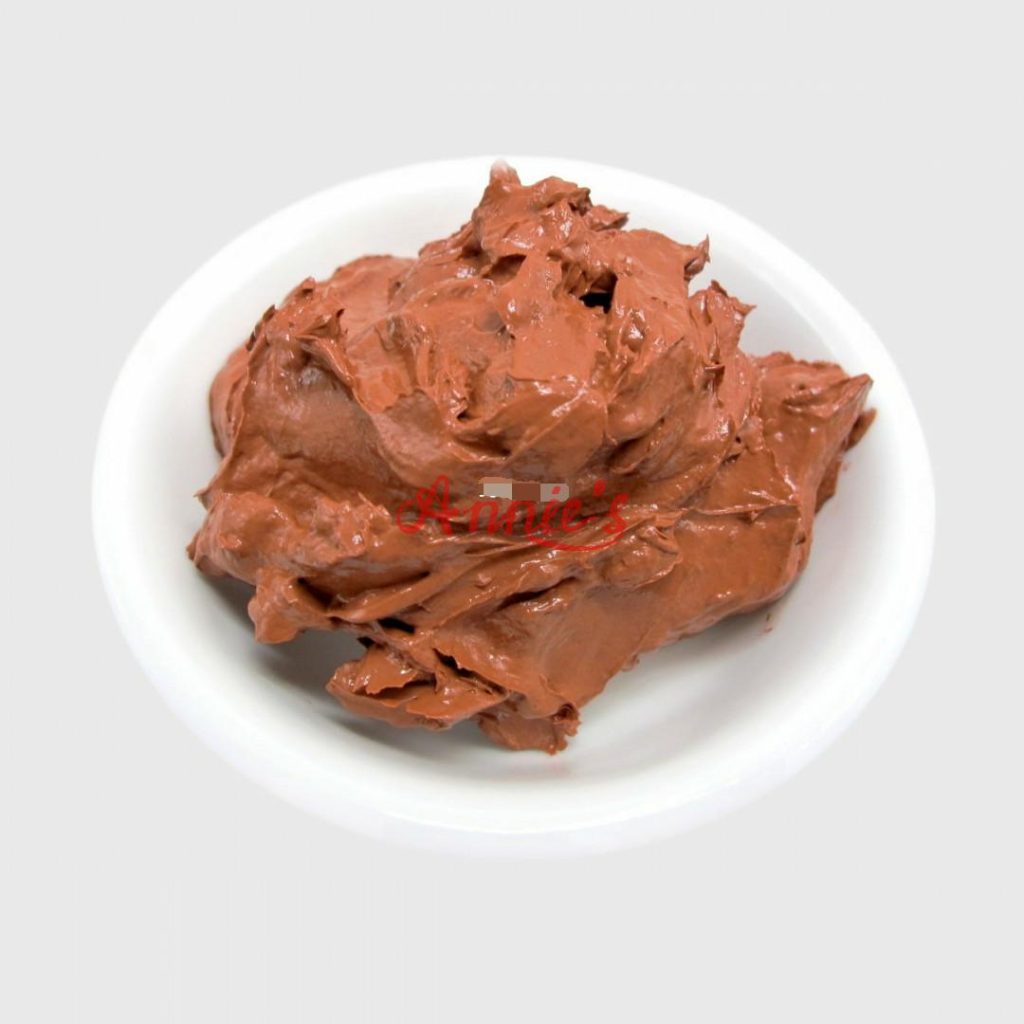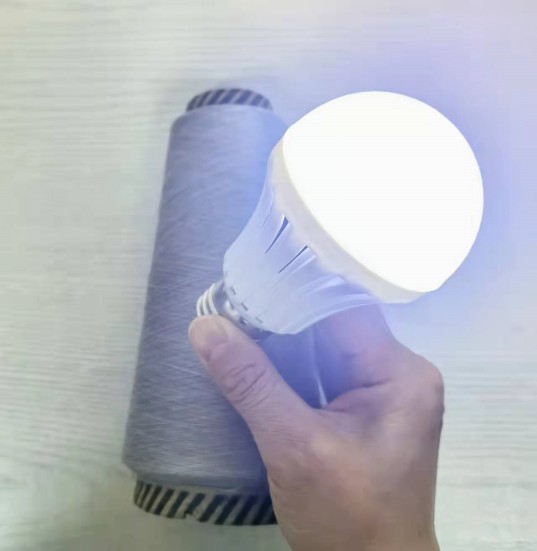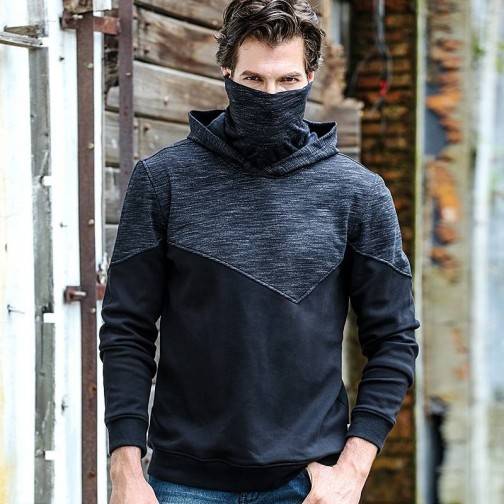Hidden in plain sight, those GRS and OEKO-TEX® tags on your clothing carry a remarkable power – they’re changing the future of fashion while safeguarding your health. Behind these small certification symbols lies a world of innovation, environmental protection, and cutting-edge textile technology that touches your skin every single day.
In today’s world, where environmental consciousness meets consumer awareness, textile certifications play a crucial role in shaping the industry’s landscape. GRS (Global Recycled Standard) and OEKO-TEX® are more than just logos on your garment tags – they’re your assurance of responsible manufacturing and safe wearing experience.

Understanding GRS: Beyond Recycling
When you wear a GRS-certified product, you’re wearing a piece of environmental responsibility. GRS certification verifies recycled content and tracks it from source to final product. A textile manufacturer must prove that their recycled materials meet strict environmental and social criteria throughout the production process.
Consider our PECooX® biodegradable cooling yarn as an example. This innovative product demonstrates how manufacturers can combine sustainability with performance. The yarn breaks down into CO2 and water under composting conditions while maintaining its cooling properties – exactly the kind of innovation that GRS certification encourages.
OEKO-TEX®: Your Second Skin’s Safety Guard
Your skin absorbs what it comes in contact with. OEKO-TEX® certification ensures that textiles are free from harmful substances. This certification tests for everything from illegal substances to legally regulated chemicals, even checking for compounds that might not be regulated but could harm human health.
Modern textile manufacturing involves numerous chemical processes. When you choose OEKO-TEX® certified products, you’re choosing garments tested for pH levels, formaldehyde, heavy metals, carcinogenic colorants, and many other potentially harmful substances. This becomes particularly important for sensitive skin or baby clothing.

Business Benefits and Market Impact
These certifications aren’t just about environmental protection – they make solid business sense. Companies with GRS and OEKO-TEX® certifications often see increased customer trust and market access. Retail giants and fashion brands increasingly require these certifications from their suppliers.
A real-world example is how sustainable fashion brands using certified materials like our biodegradable cooling yarn can command premium prices while building strong brand loyalty. These certifications help businesses differentiate themselves in a crowded market while contributing to sustainable development goals.
Consumer Empowerment Through Certification
You have the power to influence industry practices through your purchasing decisions. By choosing certified products, you’re voting for responsible manufacturing practices. These certifications provide transparency – you know what you’re buying and its impact on both you and the environment.
For instance, when selecting cooling sportswear or bedding materials, looking for both GRS and OEKO-TEX® certifications ensures you’re getting products that are both eco-friendly and safe for prolonged skin contact. This combination of environmental responsibility and personal safety represents the future of textile manufacturing.
Building a Sustainable Future
The textile industry’s impact on our environment and health is significant. GRS and OEKO-TEX® certifications provide a framework for reducing this impact while maintaining high product quality. They encourage innovation in sustainable materials and processes, like the development of biodegradable cooling yarns and eco-friendly manufacturing methods.

These certifications are continuously evolving to meet new challenges and higher standards. They represent a commitment to continuous improvement in environmental protection and consumer safety. By supporting certified products, you’re participating in building a more sustainable and healthier textile industry.
Remember, every certified product you choose contributes to a larger movement toward sustainability and safety in the textile industry. The next time you see these certification labels, you’ll know they represent a comprehensive system ensuring both environmental responsibility and your personal well-being.




